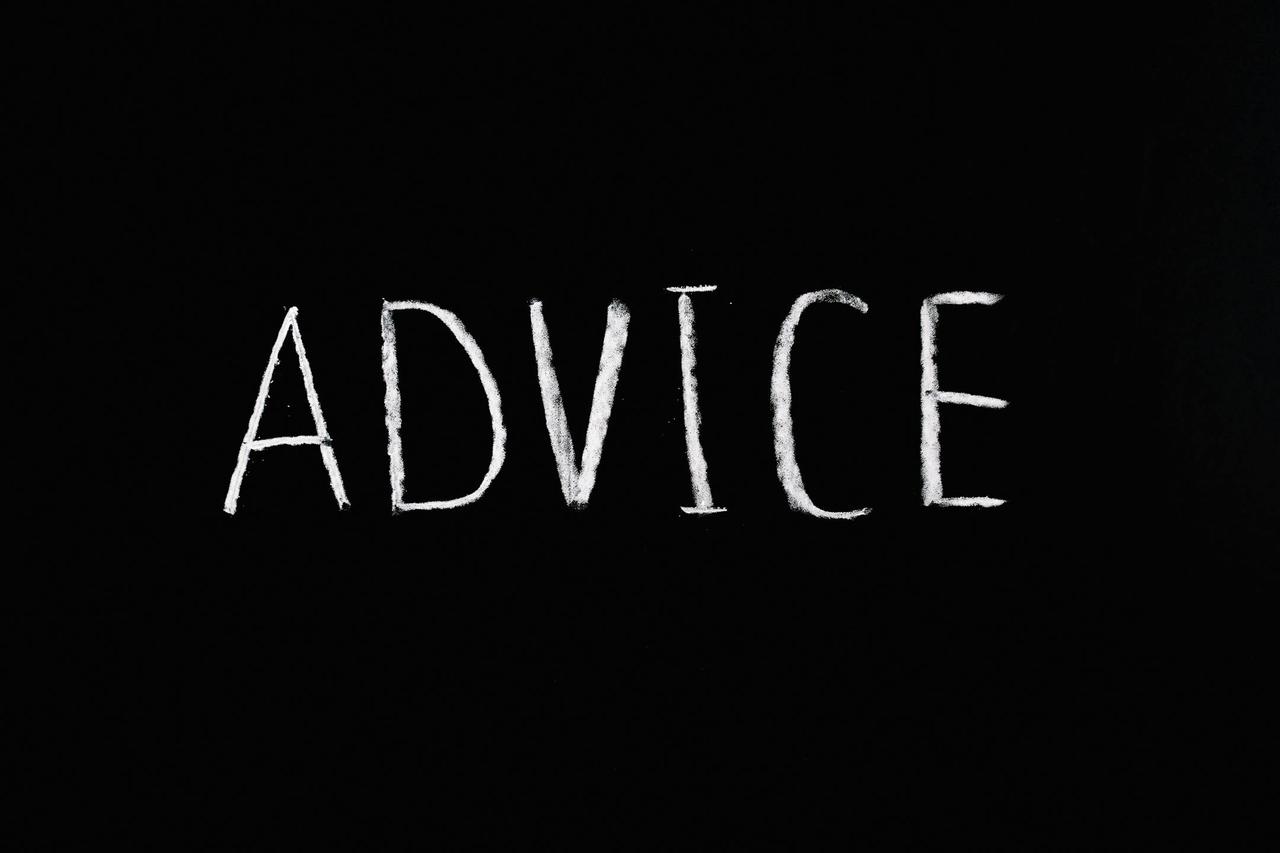Starting a diploma program is a big step—and a smart one. Whether you’re changing careers or building on skills you already have, diploma programs in Canada offer focused, hands-on training that can lead to real job opportunities.
But success doesn’t start on your first day of class. It starts with preparation. The more you plan ahead, the easier it is to stay organized, meet deadlines, and get the most out of your program.
If you're thinking about enrolling in a career college like AlphaLogic in London ON, here are some clear, practical tips to help you get ready.
Before anything else, get clear on your goal. Why are you choosing a diploma program? What do you want to do when it’s over?
You don’t need a full five-year plan. But it helps to know what you're aiming for—whether it’s becoming an office administrator, IT support specialist, or something else entirely.
Having a clear goal keeps you focused, especially when the work gets challenging. It also helps you stay motivated through exams, deadlines, and job searching later on.
Each program has different entry requirements. Some expect a high school diploma or CAEC. Others may require an entrance assessment.
Before applying, review:
You can usually find these details on the school’s website or by speaking to an admissions advisor. At AlphaLogic, we’ll help you walk through each step—no guesswork needed.
Education is an investment. Understanding your budget early will help you avoid surprises later.
Here’s what to figure out:
If you’re unsure about your options, don’t guess. Many diploma programs in Canada have financial aid staff to help you understand your choices.
Whether your program is in-person, online, or a mix of both, you’ll need a reliable place to focus. It doesn’t have to be a full office. Just somewhere you can work without distractions.
Set it up with:
If you're in a shared space, talk with the people you live with. Let them know when you'll need quiet time to study.
Most diploma programs in Canada focus on practical, job-ready training. But it still helps to feel confident in reading, writing, typing, and basic computer use.
Before your program begins, spend a few hours:
This doesn’t need to be perfect. But being comfortable with these tools can make your first few weeks go much more smoothly.
Career college programs often move fast. Many are full-time, which means you’ll need to balance classes, assignments, and possibly work or family responsibilities.
Before you begin, plan your weekly routine. Include:
This helps you avoid burnout. And if something unexpected comes up, having a plan makes it easier to adjust.
Don’t wait until you're struggling to ask for help. Build your support network before the program starts.
Talk to:
At AlphaLogic, our team is here to help you succeed—not just academically, but personally too.
The biggest difference between success and struggle in a diploma program often comes down to this: showing up consistently.
Even if you're tired. Even if you're behind. Even if it’s hard.
Attending classes, turning in assignments, and asking for help when you need it will move you forward, one step at a time.
Big goals can feel overwhelming. Break them down into smaller tasks you can tackle week by week.
For example:
Small wins build momentum. They also help you stay focused and track your progress as you move through your diploma program.
Enrolling in diploma programs in Canada is a big commitment. Finishing one is a major achievement.
Whether it’s a certificate ceremony, a job offer, or simply knowing you reached your goal—take time to recognize what you’ve accomplished. You’ve earned it.
And once you're done? You’ll be ready to step into a new role with real skills and confidence.
Starting school again—especially as an adult—is a major life decision. But it’s one that can lead to real change in your work and your future.
If you're ready to explore diploma programs in Canada and want a school that’s dependable, supportive, and based in London ON, AlphaLogic can help. Get in touch with us today to learn more.
